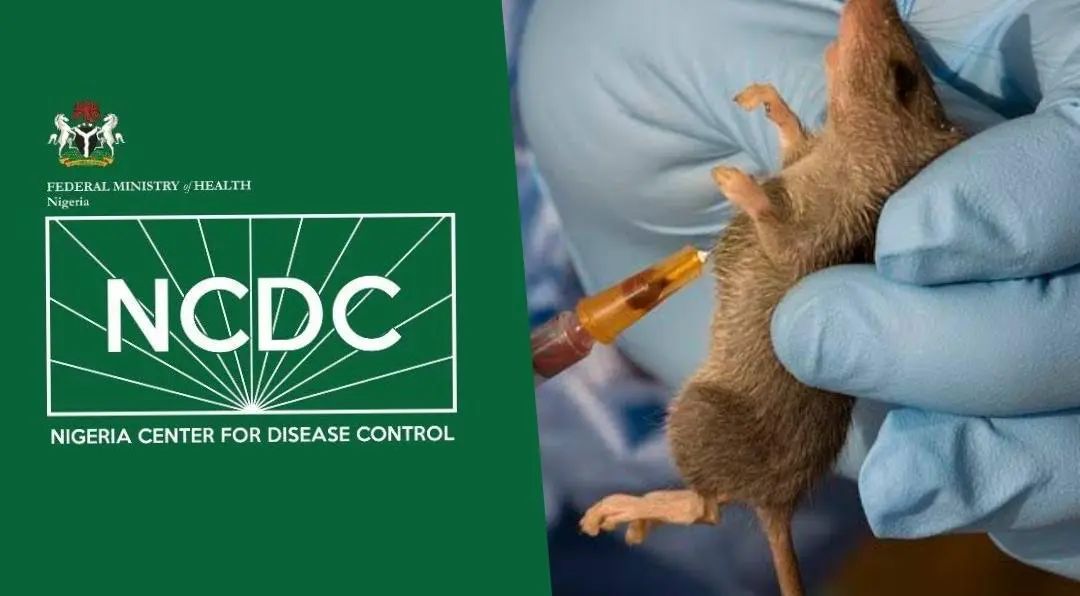The Nigeria Centre for Disease Control and Prevention (NCDC) has raised serious concerns as Lassa fever continues to spread across the country, with the death toll reaching 143 from 758 confirmed cases so far in 2025.
According to the latest Epidemiological Week 23 situation report covering June 2-8, 2025, released on Wednesday, the case fatality rate has increased to 18.9%, up from 17.8% reported during the same period in 2024.
The report confirmed 11 new cases in the reviewed week, compared to eight in the previous week. Fresh infections were reported in Ondo, Edo, Bauchi, and Taraba States.
Geographic Distribution and Demographics
The viral hemorrhagic disease has been recorded in at least one local government area across 18 states and 96 Local Government Areas nationwide. However, 90% of infections are concentrated in just five states: Ondo (31%), Bauchi (25%), Edo (16%), Taraba (15%), and Ebonyi (3%).
Young adults aged 21-30 remain the most affected demographic, with the median age of infection being 30 years.
The report also revealed that one new healthcare worker was infected in the reviewed week, bringing the total number of affected health personnel this year to 23.
Challenges and Response Measures
The NCDC highlighted several key challenges exacerbating the outbreak, including:
Delayed presentation of cases
Low public awareness
High treatment costs
Poor health-seeking behavior
Unsanitary living conditions
In response to the crisis, the agency has activated a multi-sectoral Incident Management System and deployed 10 Rapid Response Teams to the high-burden states to help contain the spread.
Public Health Advisory
The NCDC has advised Nigerians to remain vigilant and take preventive measures, including:
Practicing personal and environmental hygiene
Reporting symptoms early to healthcare workers
Avoiding contact with rodents and rodent droppings, which are the main source of transmission
Lassa fever is primarily transmitted through contact with urine or feces of infected rodents or through direct contact with bodily fluids of infected persons.
Stay updated on this developing health situation by following BenriNews on our social media platforms:













